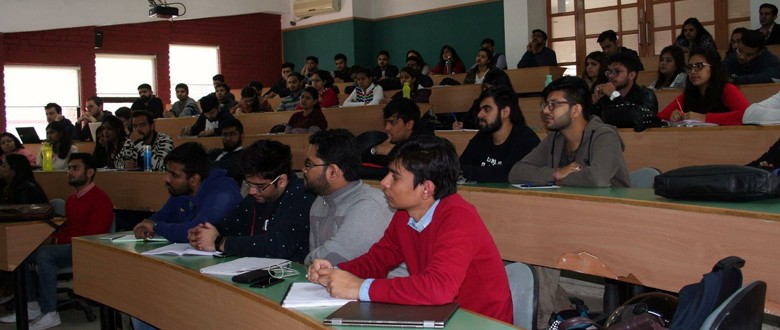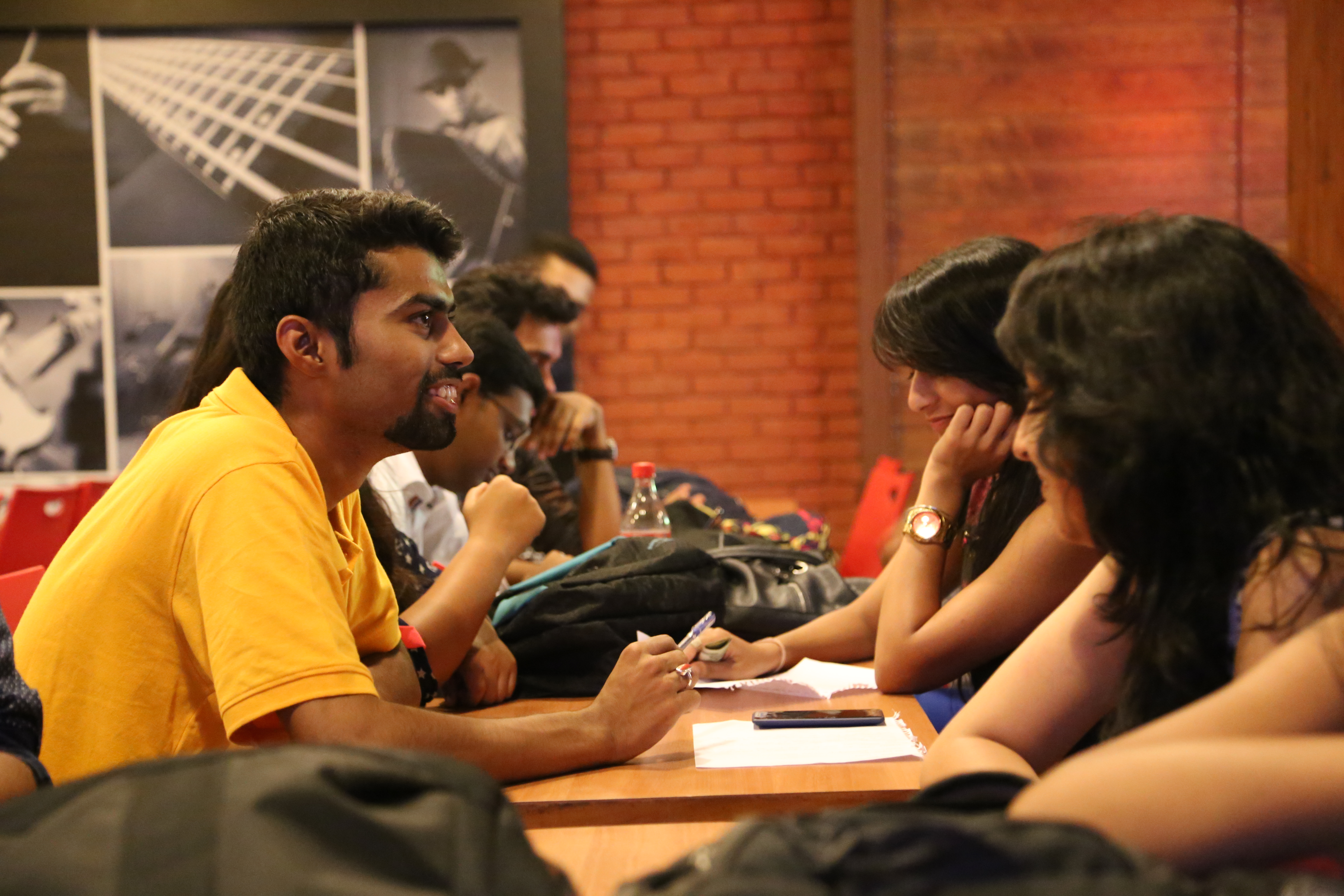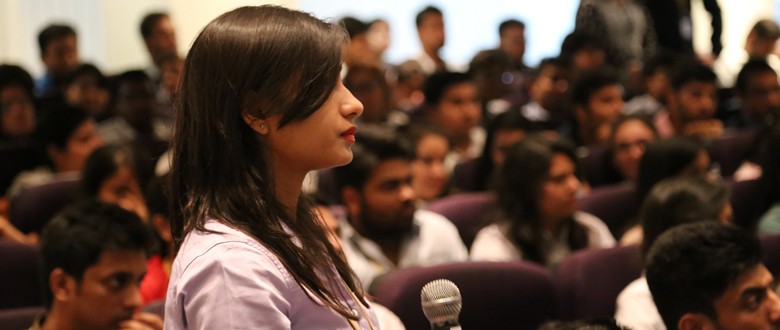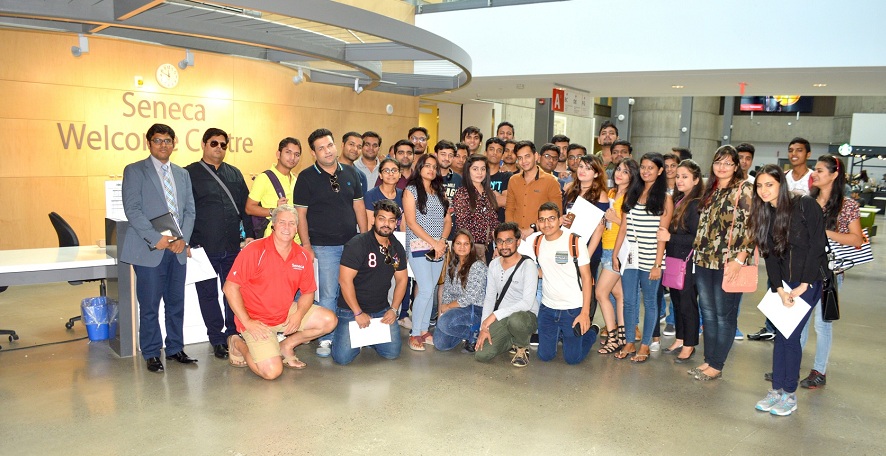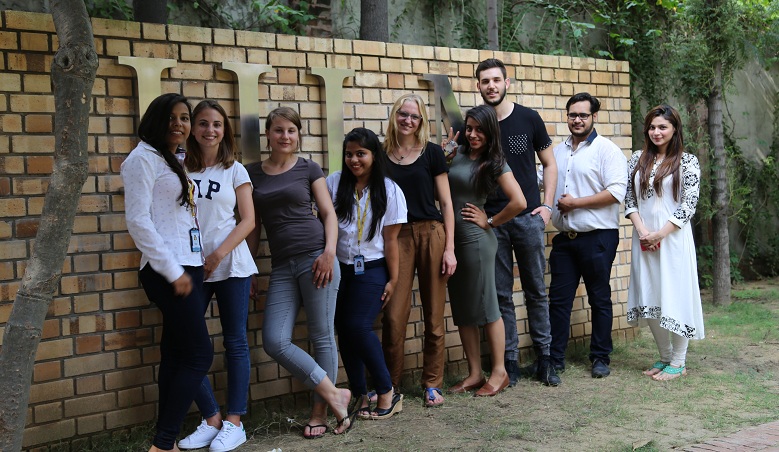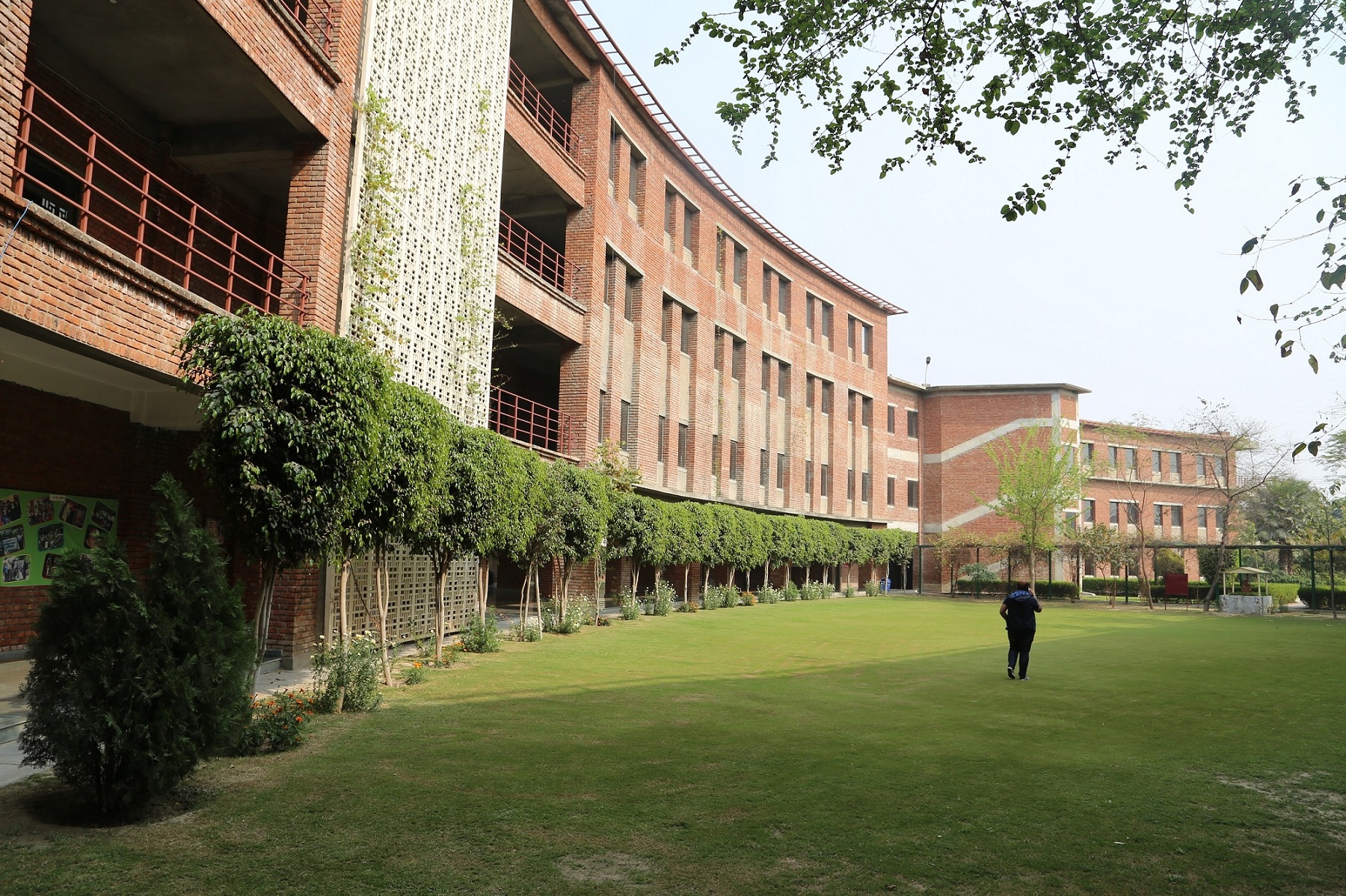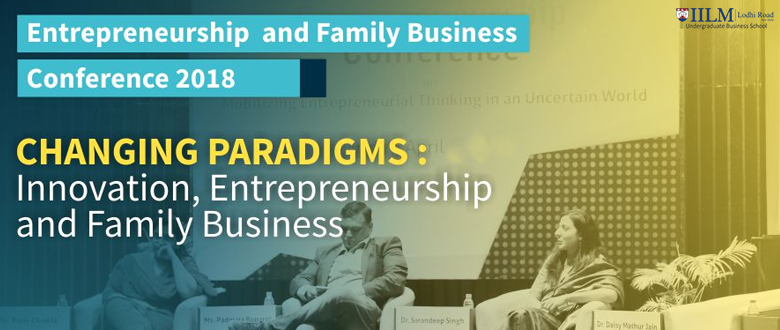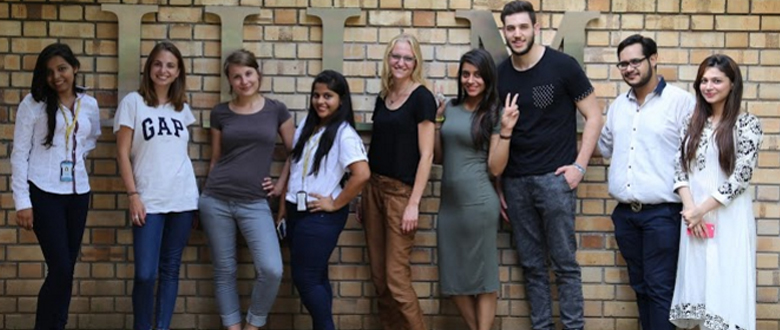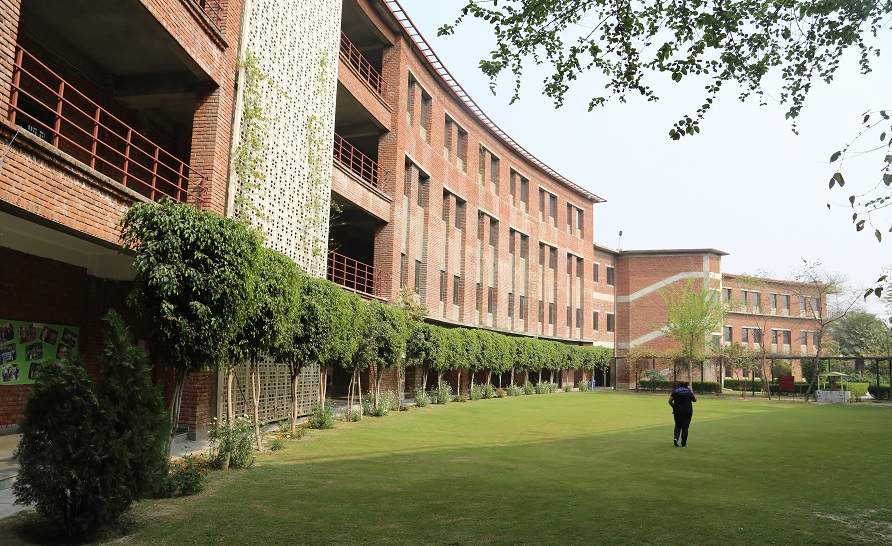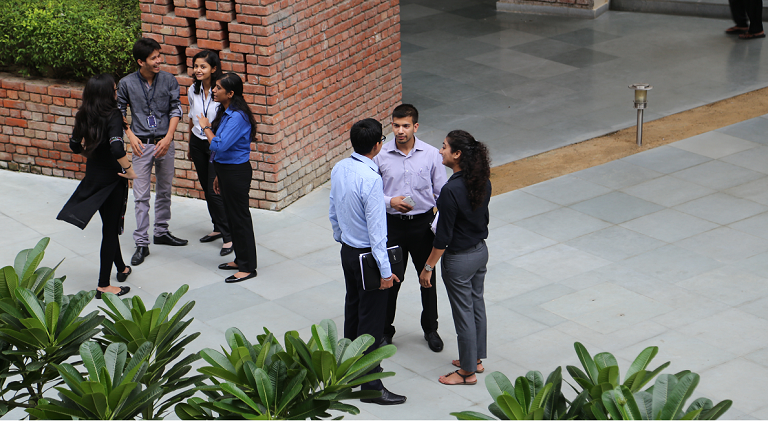In an economy as booming as India’s, a lot has been attributed to the rise of entrepreneurship in the country. Be it your small-scale businesses to large MNCs, everyone has played their role. Family businesses too are extremely popular in India, with many young ones aspiring to join the same when they complete their education. A BBA degree may just be the boost they need.
BBA at IILM UBS is about making the most of that degree to contribute your family business’ expansion in multiple ways. A look at the BBA course details will tell you how the course is designed to introduce multiple disciplines to a person and help them identify their forte. The holistic approach to business education at the college can help you nail your role as the next leader of your business.
Delving into the know-how:
A BBA introduces you to the various aspects of the business. From understanding strategy to marketing, financial and legal knowledge, this degree forms the perfect stepping stone into understanding how your market works. Well-equipped with the basics of every field, you are more in command of your next step. It helps you understand how the sync between two different segments of your business can affect your top line business goals.
Widening your scope of thinking:
Among the best advantages of studying at one of the top 10 business schools in India are the exposure to a good faculty and high-quality peers with goals similar to yours. Interacting with a diverse set of people exposes you to different viewpoints of approaching anything. You get an insight into their worlds and it also helps you understand how they think and feel; this can help you sharpen your interpersonal skills.
Nurturing your strengths:
Every person comes with their own soft-skill sets which are honed in the baccalaureate years. While you can gain knowledge of everything that governs how a company functions, you’ll be able to identify which fields have your core interest – be it logistics, marketing, finance, strategy, product or more. You can concentrate and build on that knowledge, and even specialize in it. The support you get from peers as you develop is going to be phenomenal making you more confident when you step into your family’s venture.
Staying tuned to the latest trends:
Every business needs to adapt to the changing times and trends that are more dynamic than they ever were before. A degree such as a BBA keeps you updated with the latest tools and marketing mediums, enables you to think beyond the traditional business intelligence, and makes you confident in predicting trends. This can, in turn, assist you in making changes to your business that ensures its strong standing in the market.
BBA degree empowers you with a strong foundation in business knowledge and equips you with soft skills that make you fit in easily in a family-run business. Step into IILM UBS to stand out as a leader for tomorrow.


